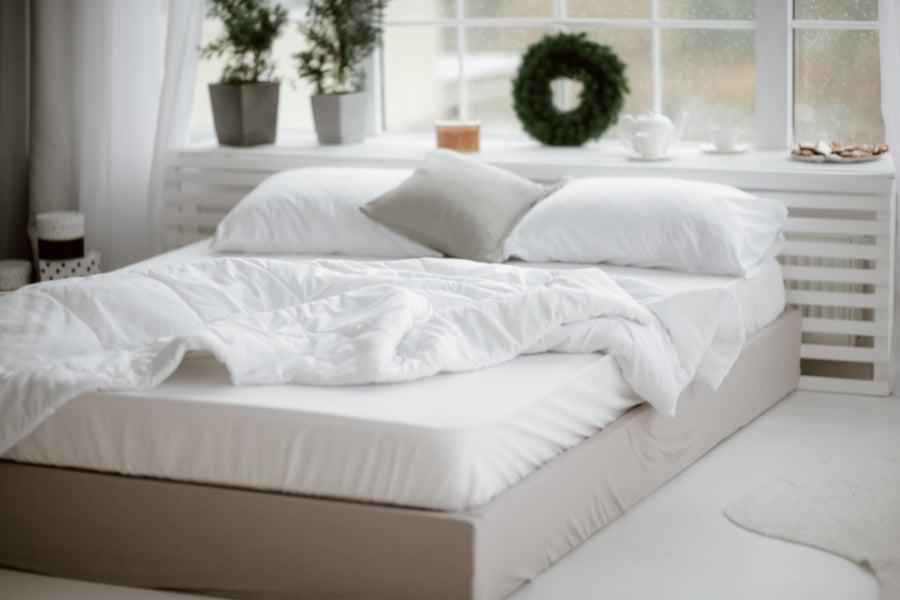When we think about sleep, we often focus on physical comfort—how soft or supportive a pillow feels. But there’s more to it than just ergonomics. The psychology of sleep plays a huge role in how well we rest, and pillows are often at the center of this connection. From feelings of safety to familiar textures, the right pillow can provide more than comfort—it can provide peace of mind.
Why Psychology Matters in Sleep Comfort
Sleep is both a physical and psychological experience. While our bodies require rest, our minds also need to feel safe and relaxed in order to drift into deeper stages of sleep. A pillow does more than support your head and neck—it creates an environment that influences your emotions and mental state.
-
Sense of Safety: A soft, familiar pillow can signal to your brain that it’s safe to relax.
-
Stress Reduction: The act of lying down on a comfortable pillow reduces tension and prepares your mind for rest.
-
Emotional Comfort: Just as a favorite blanket brings reassurance, a pillow can become a personal comfort object for adults.
The Psychological Triggers of Pillow Comfort
1. Familiarity and Consistency
Humans are creatures of habit. A pillow you’ve used for a long time creates a psychological anchor—its smell, shape, and texture tell your mind: this is where I rest. That sense of consistency helps signal to your brain that it’s time to sleep.
2. Sensory Experience
The touch of soft cotton, the gentle loft of goose down, or even the coolness of a breathable cover can all calm your nervous system. These sensory signals reduce overthinking and guide your body into a relaxed state.
3. Emotional Associations
For many, a pillow is more than a sleep accessory—it’s tied to emotional well-being. Whether it’s a luxurious down pillow that feels indulgent or a pillow gifted by someone special, these associations reinforce comfort and security.
4. Personal Control
Choosing your own pillow style—firm, soft, or adjustable—gives you a sense of control over your sleep environment. In psychology, this sense of autonomy reduces stress and enhances relaxation.
Why Goose Down Pillows Excel Psychologically
Goose down pillows aren’t just physically adaptable; they align with many psychological sleep needs:
-
Softness = Security: Their plush loft mimics the cozy comfort we naturally seek.
-
Adjustability = Control: Down can be fluffed or compressed to suit individual preferences.
-
Luxury = Emotional Reward: Knowing you’re sleeping on a premium product adds a layer of indulgence that promotes relaxation.
In short, goose down pillows combine tactile comfort with psychological reassurance, creating a deeper sense of well-being.
Practical Tips: Using Pillow Psychology to Sleep Better
-
Stick to Familiarity: Avoid changing pillows too often. Consistency helps your brain recognize the sleep cue.
-
Invest in Quality: Choose a pillow that feels luxurious and soothing—you’ll associate it with relaxation.
-
Create Rituals: Fluffing or adjusting your pillow before bed can become a calming nightly habit.
-
Prioritize Sensory Comfort: Look for breathable fabrics and soft textures to calm your body and mind.
Final Thoughts
Sleep is as much about the mind as it is about the body. A comfortable pillow supports not only your head and neck, but also your psychological need for safety, familiarity, and emotional comfort. By understanding the psychology behind pillow choice, you can transform your nightly rest into a more holistic, soothing experience.
Explore Luxurious Down Pillows at DownyHaven
Ready to experience the perfect blend of psychological comfort and physical support? Discover our range of goose down pillows designed to enhance both your body and mind.



